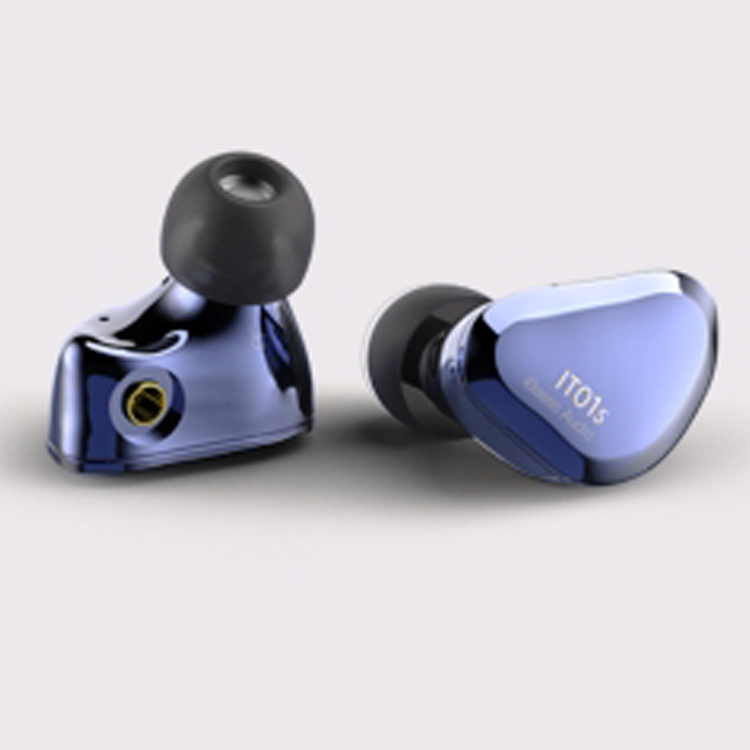In today’s fast-paced world, lifestyle plays a crucial role in shaping who we are and how we live our lives. From our daily routines to our long-term goals, every aspect of our lifestyle flee manforsheriff.com reflects our choices, preferences, and values. In this article, we’ll delve into the concept of lifestyle, its various dimensions, and its impact on our well-being.
Defining Lifestyle
Lifestyle encompasses the way individuals or groups live and make choices. It includes their habits, attitudes, tastes, preferences, and behaviors. Essentially, lifestyle reflects how people allocate their time, energy, and resources to different activities and pursuits.
Factors Influencing Lifestyle
Socioeconomic Status
One of the primary factors influencing lifestyle is socioeconomic status. Economic resources determine the opportunities available to individuals, affecting their choices regarding housing, education, healthcare, leisure activities, and more.
Culture and Traditions
Culture and traditions also play a significant role in shaping lifestyle. Cultural norms, values, beliefs, and practices influence various aspects of life, including diet, clothing, social interactions, and celebrations.
Geographical Location
Geographical location can impact lifestyle due to differences in climate, landscape, infrastructure, and local customs. Urban dwellers may have different lifestyle patterns compared to those living in rural areas or coastal regions.
Types of Lifestyles
Different people adopt different lifestyles based on their preferences, values, and circumstances. Some common types of lifestyles include:
Healthy Lifestyle
A healthy lifestyle involves making conscious choices to prioritize physical and mental well-being. This includes regular exercise, balanced nutrition, adequate sleep, stress management, and avoidance of harmful substances.
Luxury Lifestyle
A luxury lifestyle is characterized by indulgence in expensive goods, services, and experiences. It often involves conspicuous consumption, lavish spending, and a focus on material possessions as symbols of status and success.
Minimalist Lifestyle
In contrast, a minimalist lifestyle emphasizes simplicity, decluttering, and intentional living. Minimalists seek to reduce possessions, expenses, and distractions, focusing instead on meaningful experiences, relationships, and personal growth.
Digital Nomad Lifestyle
The digital nomad lifestyle involves working remotely while traveling to different locations. It offers flexibility, freedom, and adventure, allowing individuals to blend work and leisure seamlessly.
Impact of Lifestyle on Well-being
Physical Health
A healthy lifestyle is associated with numerous physical health benefits, including reduced risk of chronic diseases such as obesity, diabetes, and heart disease. Regular exercise and nutritious diet are essential components of maintaining good health.
Mental Health
Lifestyle choices also influence mental health outcomes. Practices such as mindfulness, relaxation techniques, and social support contribute to emotional well-being, while stress, unhealthy habits, and social isolation can have adverse effects.
Social Relationships
Lifestyle impacts social relationships by shaping patterns of socialization, communication, and community involvement. Strong social connections and meaningful interactions contribute to overall happiness and life satisfaction.
Tips for Improving Lifestyle
Healthy Eating Habits
Consuming a balanced diet rich in fruits, vegetables, whole grains, lean proteins, and healthy fats promotes overall health and vitality.
Regular Exercise
Engaging in regular physical activity, whether through structured workouts, sports, or recreational activities, enhances fitness levels and boosts mood.
Mindfulness Practices
Incorporating mindfulness practices such as meditation, yoga, deep breathing, and journaling fosters self-awareness and stress resilience.
Work-Life Balance
Striking a balance between work obligations and personal life is essential for preventing burnout and maintaining overall well-being.
Balancing Work and Personal Life
Achieving a harmonious balance between work and personal life is crucial for holistic well-being. This involves setting boundaries, prioritizing self-care, and allocating time for rest, relaxation, hobbies, and relationships.
The Role of Technology in Modern Lifestyle
Technology plays a central role in modern lifestyle, influencing how we work, communicate, entertain ourselves, and access information. While technology offers convenience and connectivity, excessive screen time and digital dependence can have negative consequences on health and relationships.
Challenges in Adopting a Healthy Lifestyle
Despite the benefits of a healthy lifestyle, many people face challenges in adopting sustainable habits. These may include lack of time, resources, motivation, knowledge, or social support.
The Importance of Self-care in Lifestyle
Self-care is essential for maintaining physical, mental, and emotional well-being. It involves prioritizing one’s needs, setting boundaries, practicing self-compassion, and engaging in activities that promote relaxation and rejuvenation.
Sustainable Living Practices
Embracing sustainable living practices such as recycling, conserving energy, reducing waste, and supporting eco-friendly initiatives contributes to environmental stewardship and global well-being.
Cultural Influences on Lifestyle Choices
Cultural factors influence lifestyle choices, including dietary preferences, fashion trends, leisure activities, and social norms. Understanding cultural differences fosters respect, diversity, and inclusion.
Lifestyle Trends
Lifestyle trends evolve over time in response to societal changes, technological advancements, and shifting values. Current trends include wellness tourism, remote work, conscious consumerism, and digital detox retreats.
Conclusion
In conclusion, lifestyle encompasses the sum total of our habits, behaviors, and choices, which significantly impact our well-being. By adopting healthy, balanced lifestyles and embracing sustainable practices, individuals can enhance their quality of life and contribute to a healthier, happier world.
